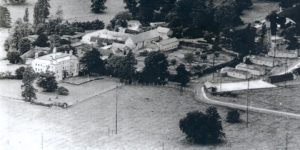UK NACE History

Technical security specialists since 1945
FCDO Services timeline
-
1945 The start of UK NACE
After World War 2, it became clear that British embassies in Communist Eastern Europe were under technical espionage attack. This meant hostile states were trying to spy on secret conversations by listening in using electronic devices, or by intercepting messages.
To protect them, the Secretary of State for Foreign Affairs Ernest Bevin set up a new team. In a letter dated 25 September 1945, Bevin sent a group of Post Office engineers to certain missions abroad to look after the technical equipment. He said they should do “conservative electrical maintenance” on the telephone and telegraphy systems, and “some preventative work such as anti-eavesdropping”.
This team was the start of what would become UK NACE.

-
1958 Recognised as a national authority
We were recognised as a national authority by the Cabinet Office. We were “the only UK department who have the authority, skill and knowledge to undertake security searches and are the UK authority on counter eavesdropping”.
We’ve maintained that status ever since.
-
Cold War Close work with Allies
We worked with the then FCO (now Foreign, Commonwealth and Development Office), Close Allies and UK Commonwealth Counties throughout the Cold War.
-
1960 - 1969 Part of MI5
We were counter-eavesdropping experts for MI5, until we moved back into the Foreign Office in 1969.
-
2008 FCDO Services becomes a trading fund
We are part of FCDO Services, which became a trading fund in 2008. This meant that we could provide our services to all government departments, law enforcement and some list X companies.
-
2020 Investigatory Powers Act
On 25 September, we became a public authority under schedule 4 of the Investigatory Powers Act, with the power to authorise collection of communications data in support of national security.
